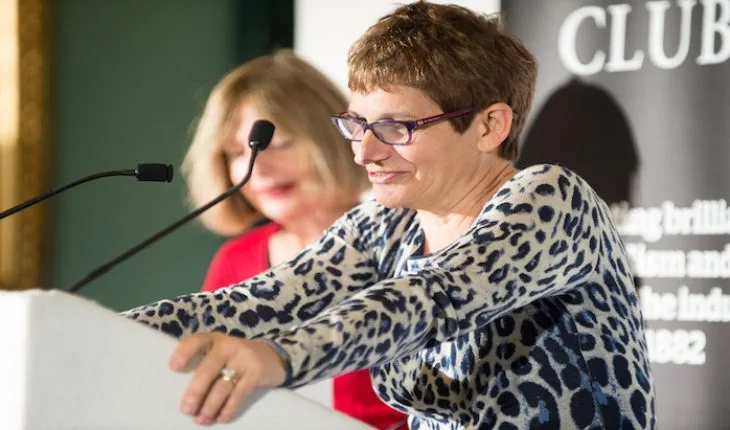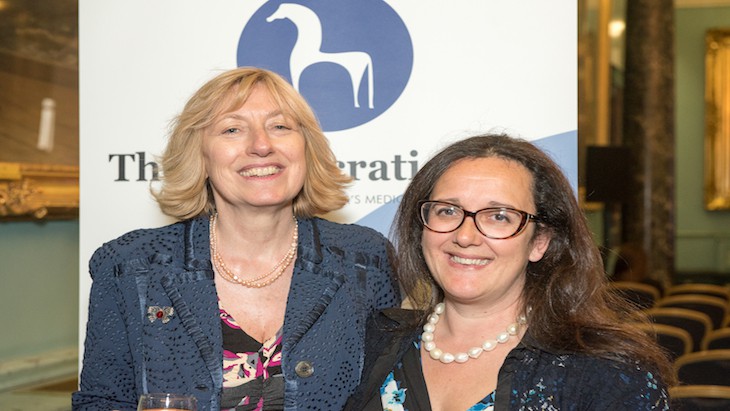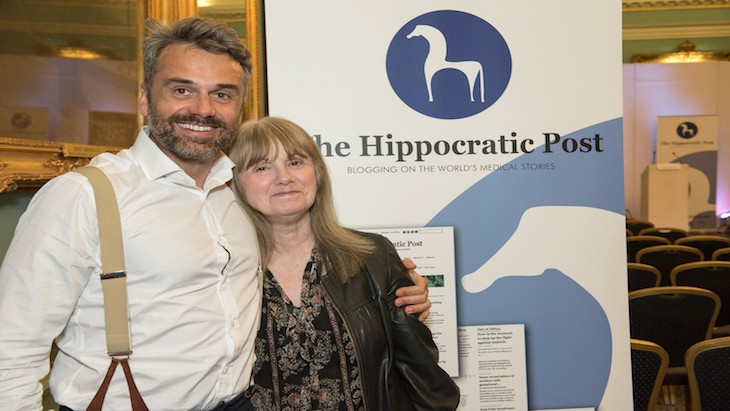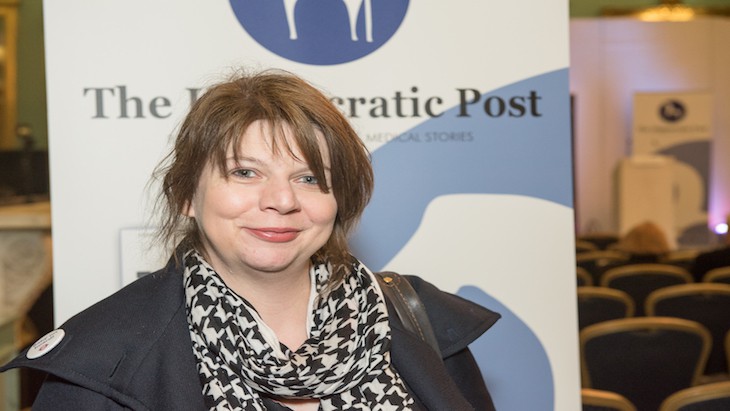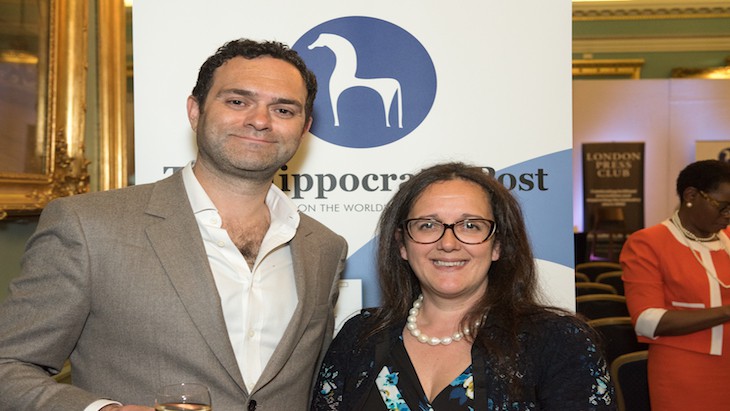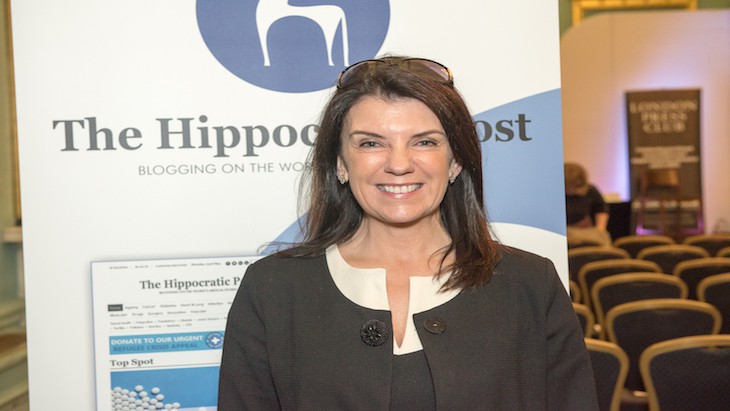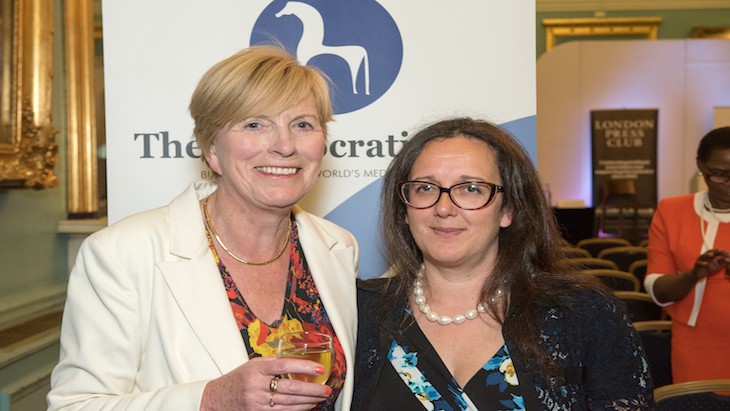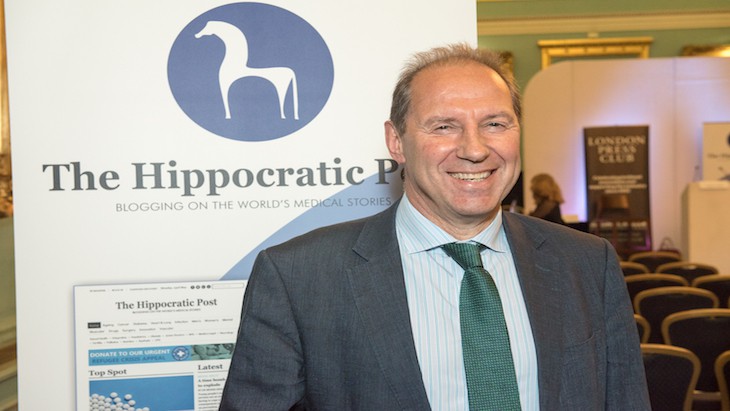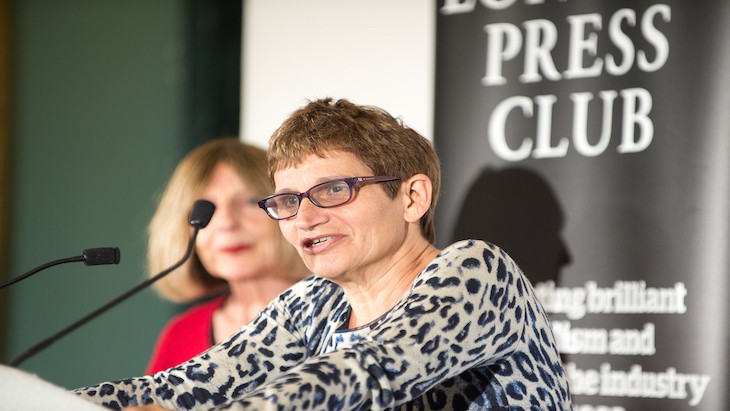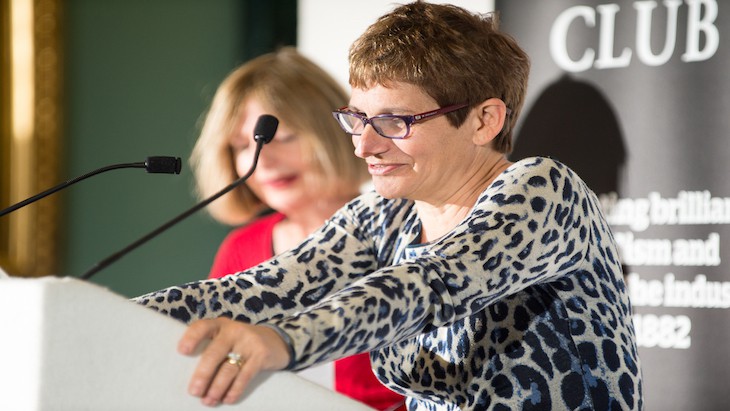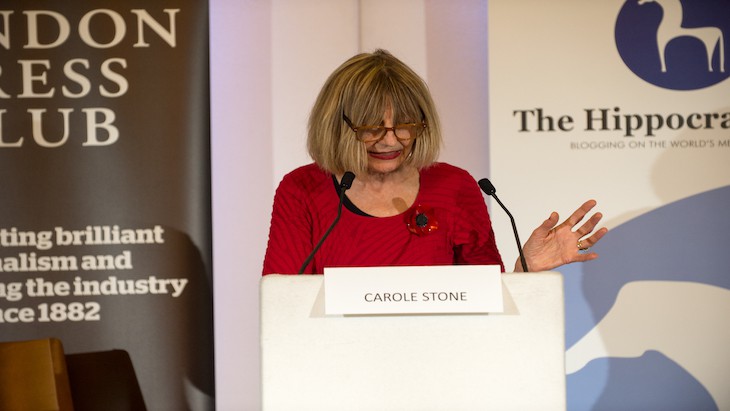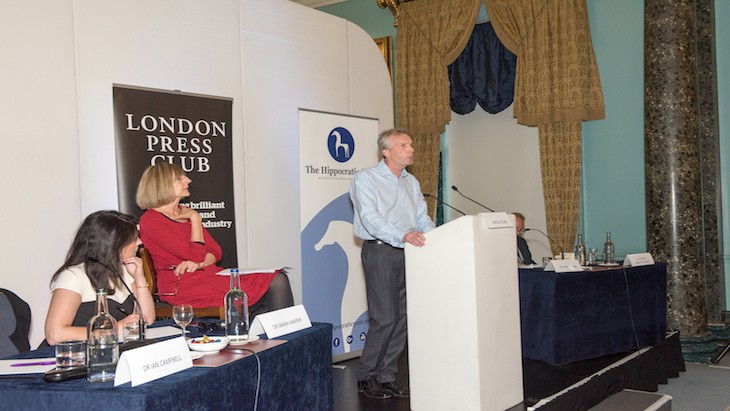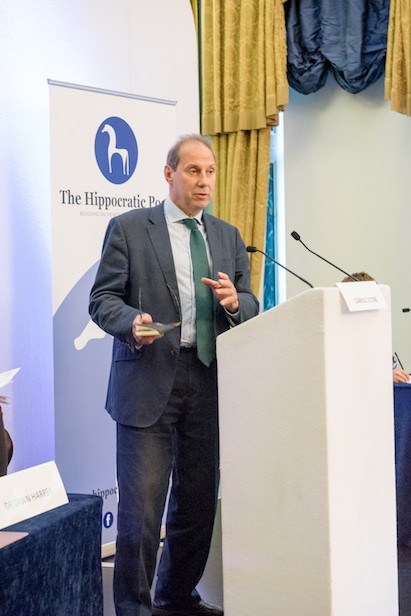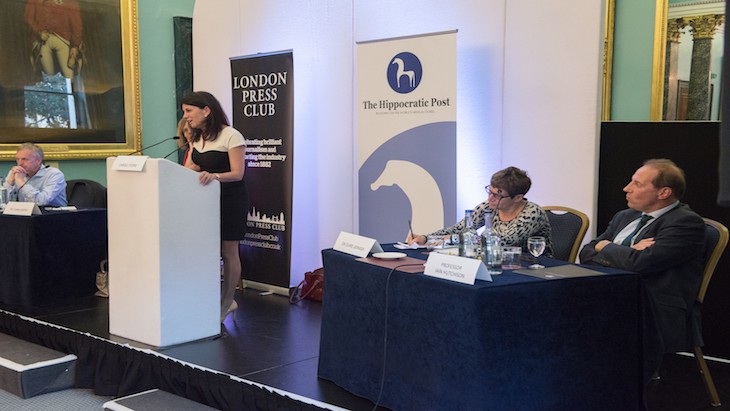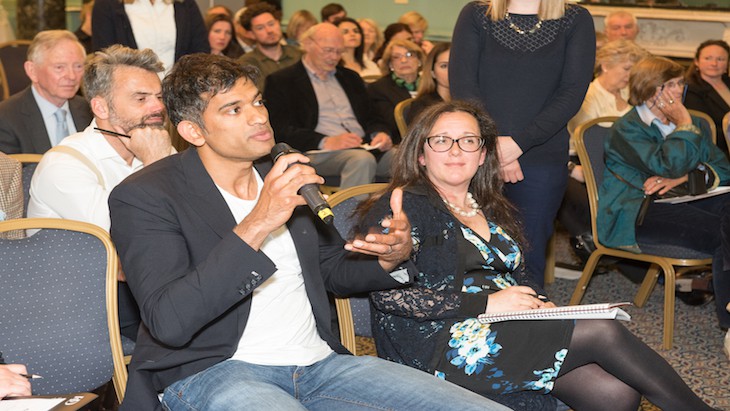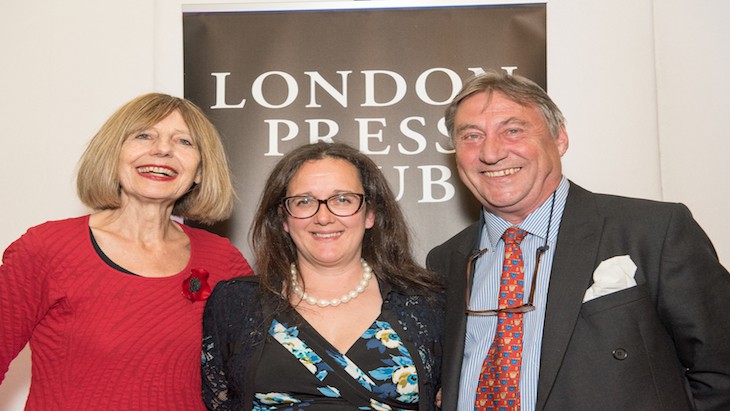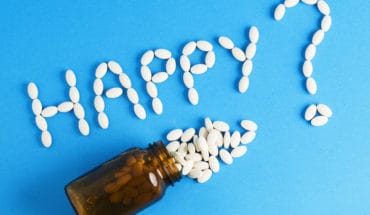Is TV doctoring become the modern day equivalent of the Victorian freak show? And are doctors who become presenters on shows like Embarrassing Bodies and Jeremy Kyle’s Emergency Room dishonouring the sacred principles enshrined in the Hippocratic Oath?
These were some of the questions raised in a heated debate last week at the inaugural London Press Club/Hippocratic Post debate at the Institute of Directors on May 26, TV Doctoring: Upholding the Hippocratic Oath?
In front of a crowd of over 120 people, drawn from the medical profession, the world of the media, politics and pharma, four speakers went head to head on a topic which clearly raises strong feelings. Professor Iain Hutchison, founder of Saving Faces, arguing against the motion, at one stage offered to settle matters with Dr Ian Campbell, from Jeremy Kyle’s Emergency Room, outside. It was half jokingly meant but underlined how heated this debate became. Dr Clare Gerada, former Chair of the Council of the Royal College of GPs, was powerful in her argument against the trend to ‘gawping at the freakish body.’ ‘Freak shows grew in popularity in Victorian times but then largely disappeared from view. But they are returning, via TV programmes. While none of us would go to a freak show today, we have seen the re-emergence of the freak show via social media and TV. We watch them from the comfort of our homes as a guilty pleasure and what drives them is popular appeal.’Dr Dawn Harper, a NHS GP based in Stroud and presenter on Embarrassing Bodies, was supporting the motion in the debate sponsored by multinational pharmaceutical company Novo Nordisk. She said she was ‘incredibly proud’ to have been on the show. ‘I have learned so much more learning about the emotional impact of disease from the two hour appointments I have with patients on the show, compared to the 10 minute appointments I can offer as an NHS GP. It has made me a better NHS doctor.’ She pointed out that patients who agreed to be on TV were given psychological assessments in advance and they were able to withdraw their consent at any time. The production company Maverick did keep in touch with patients and she personally wrote to their GPs to keep them in the loop and involve them in the aftercare. Dr Ian Campbell, who appears on Jeremy Kyle’s Emergency Room, also on the ‘yes’ side of the debate, said that programmes like Jeremy Kyle’s Emergency Room informed people who were often left out of public awareness campaigns. ‘Everyone has the right to being health aware – it’s not just the people who listen to Radio 4 but the people who watch the Jeremy Kyle show too. Why shouldn’t they know what is going on?’
In the end, Dr Ian Campbell and Dr Dawn Harper carried the day, with many people in the audience changing their view in the course of the debate. All was held together remarkably well by Carole Stone CBE, a founding director of the Hippocratic Post and a member of the London Press Club.
- Rebecca Wallersteiner and Thea Jourdan
- Jane Johnson
- Stephen Cull and Thea Jourdan
- Dr Dawn Harper
- Thea Jourdan (right)
- Dr Iain Hutchison
- Dr Clare Gerada
- Dr Clare Gerada
- Carole Stone CBE
- Dr Ian Campbell
- Dr Iain Hutchison
- Dr Dawn Harper
- Gut microbiome could delay onset of type 1 diabetes - 3rd April 2025
- The da Vinci 5 Robot Is Set To Transform Bariatric Care: - 31st March 2025
- Beyond money: the hidden drivers fuelling child food insecurity - 31st March 2025
